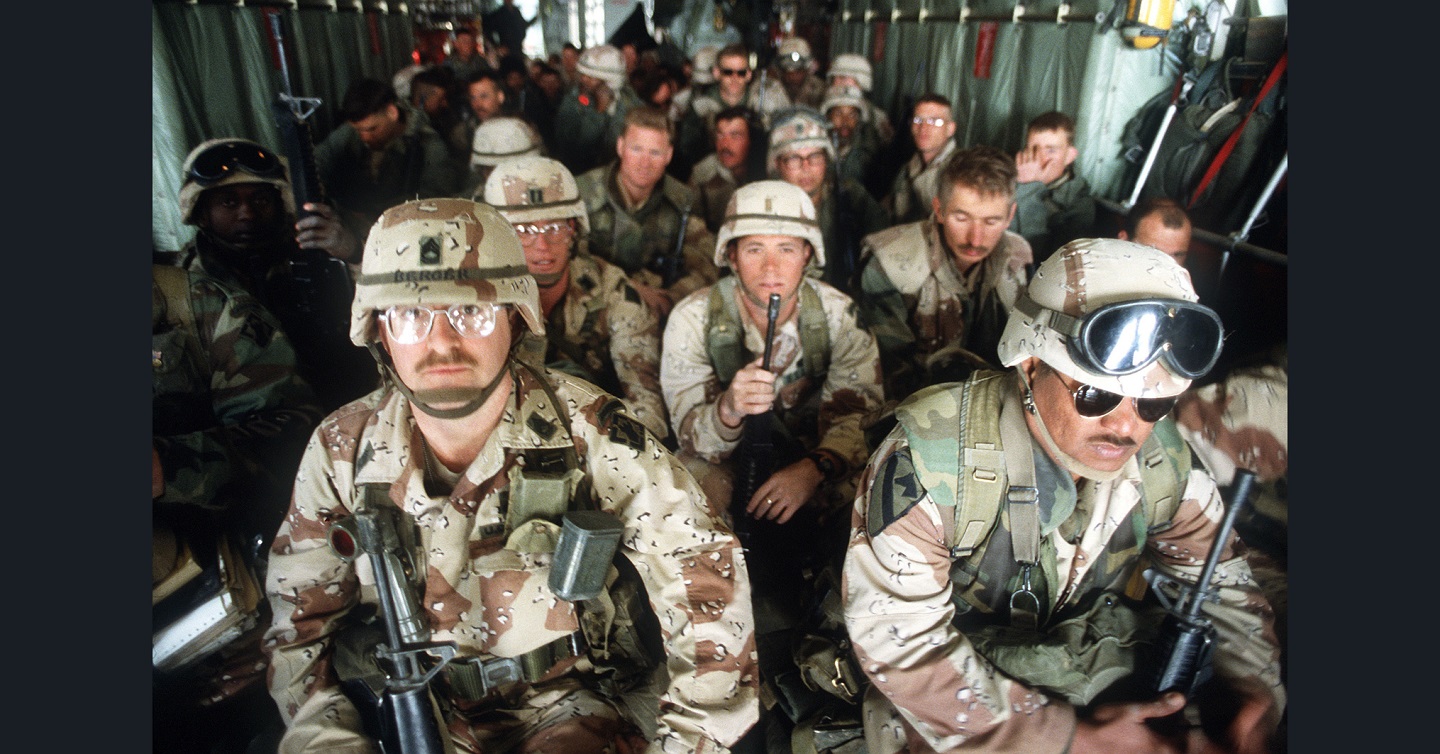
“The Gulf War is often remembered as a ‘good war,’ a high-tech conflict that quickly and cleanly achieved its objectives.” That’s the opening line of Sam Helfont’s new article in the Texas National Security Review, and he’s in the virtual studio to discuss how the narrative might not match reality. Sam joins A BETTER PEACE editor Ron Granieri to discuss the fallout of the first Gulf War. As a Middle East historian, Sam offers a unique perspective on the realities of life after the shooting stopped. He talks about the political, economic, and humanitarian dilemmas it caused in the region as well as the divisions and harm it introduced into the western world and the United States.
“…if we’re judging war…by the type of peace that we created, then the Gulf War doesn’t look as good in retrospect. “
Podcast: Download

Dr. Helfont’s article in the Texas National Security Review can be found here
Samuel Helfont is an Assistant Professor of Strategy and Policy in the Naval War College program at the Naval Postgraduate School in Monterey, California. He is also an Affiliate Scholar in the Abbasi Program in Islamic Studies at Stanford University and a Senior Fellow at the Foreign Policy Research Institute in Philadelphia. Ron Granieri is an Associate Professor of History at the U.S. Army War College and the Editor of A BETTER PEACE. The views expressed in this presentation are those of the speakers and do not necessarily reflect those of the U.S. Army War College, U.S. Army, or Department of Defense.
Photo Description: Troops of the U.S. Army’s XVIII Airborne Corps wait for takeoff in a C-130 Hercules transport aircraft of the 1630th Tactical Airlift Wing for transit to Fort Bragg, N.C., following the liberation of Kuwait during Operation Desert Storm. 3 Jul, 1991
Photo Credit: TSgt Donald S. McMichael




